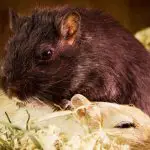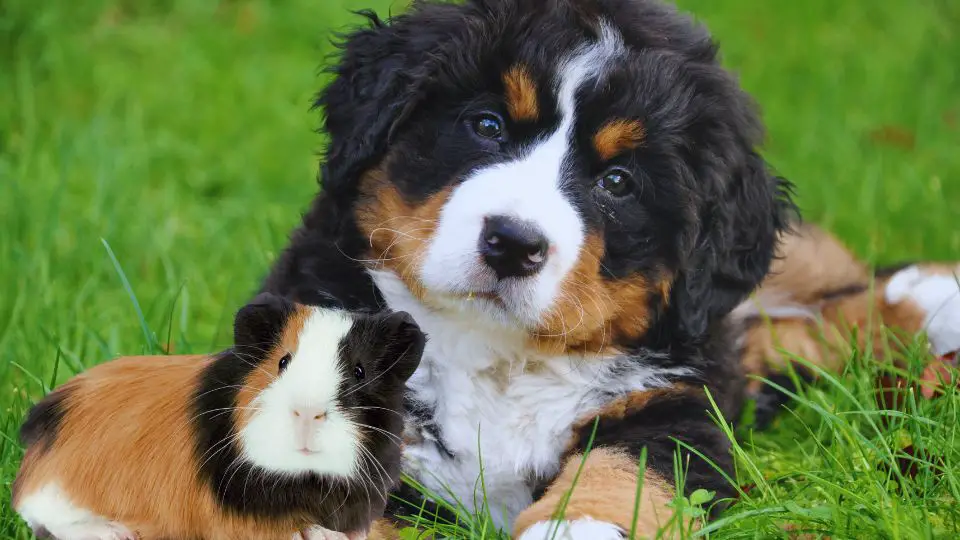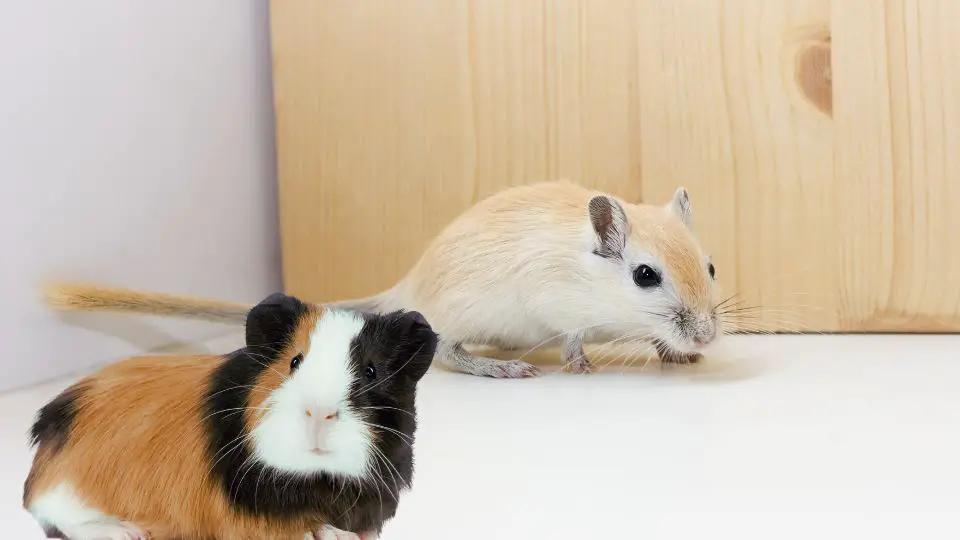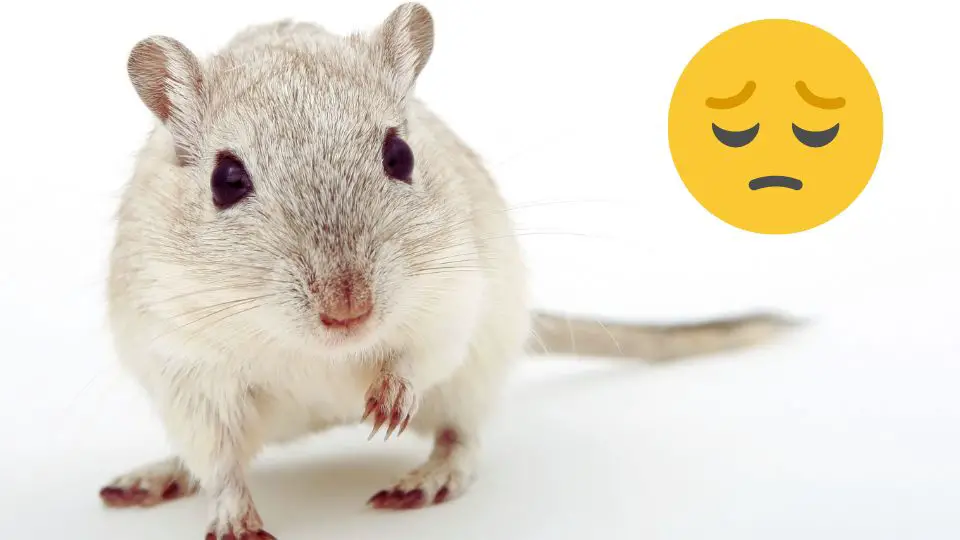Gerbils are fascinating creatures known for their curiosity and active behavior. These small rodents have a natural inclination to explore their surroundings and engage in various activities. Their inquisitive nature often leads them to investigate new objects, dig tunnels, and engage in play behaviors. This inherent curiosity is one of the key factors that contribute to their intelligence.
When it comes to intelligence, gerbils have shown remarkable abilities to learn and problem-solve. Despite their small size, they possess a keen intellect that allows them to adapt to different situations and challenges.
Gerbils have been observed learning from their experiences and applying that knowledge to future situations.
Cognitive Abilities of Gerbils
Despite their small size, gerbils exhibit remarkable intelligence in various aspects and impressive cognitive abilities.
Gerbil’s ability to learn and remember
Gerbils have a remarkable capacity to learn and remember. Through positive reinforcement and repetition, they can be trained to respond to commands or perform specific tasks.
Their ability to associate cues with rewards demonstrates their aptitude for learning and their capability to remember learned behaviors over time.
This learning ability not only allows gerbils to adapt to their environment but also enables them to interact and communicate with their human caregivers.
Problem-solving skills and adaptability
One of the most impressive cognitive abilities of gerbils is their problem-solving skills and adaptability. When faced with challenges or obstacles, gerbils can quickly assess the situation and find creative solutions.
Whether it’s navigating through a maze, figuring out how to access food, or finding an alternate route, gerbils demonstrate resourcefulness and adaptability in problem-solving situations. Their agile and inquisitive nature aids them in exploring different possibilities and finding the most effective solutions.
Gerbils also possess excellent spatial memory and navigational abilities. They have a keen sense of their surroundings and can remember the layout of their environment.
This spatial memory allows them to navigate their habitat with ease, locate food sources, and find their way back to their nests. Their ability to remember spatial information is a valuable asset in their natural habitat, where they rely on their memory to find resources and avoid potential dangers.
Social Intelligence
Gerbils are highly social animals. They possess the ability to communicate, cooperate, and establish complex social structures within their groups, which is the exact definition of social intelligence. Or at least the definition that could be applicable to gerbils.
Gerbils are known for their social nature and thrive in the company of their own kind. They engage in various forms of communication to express their needs, establish social bonds, and maintain group cohesion.
Through vocalizations, body language, and scent marking, gerbils can convey information to one another. They emit chirps, squeaks, and purring sounds to communicate different messages, such as signaling danger, expressing dominance, or calling for attention. Their body language, including grooming, chasing, or play behavior, also plays a significant role in social interactions.
One fascinating aspect of gerbils’ social intelligence is their ability to recognize individuals within their group. They can distinguish familiar group members from strangers based on scent and visual cues. This recognition helps them form close bonds with specific individuals and develop a sense of familiarity and trust.
Gerbils engage in mutual grooming, huddling together for warmth, and engaging in social play, which strengthens their social bonds and promotes social cohesion within the group.
Within their social groups, gerbils establish social hierarchies. This hierarchy determines the pecking order and governs social interactions. Gerbils engage in dominance behaviors, such as scent marking, chasing, or vocalizations, to establish and maintain their position in the hierarchy.
Through these interactions, gerbils understand and respect the social order, which helps minimize conflicts and maintain a harmonious group dynamic.
The social intelligence of gerbils is essential for their overall well-being. Social interactions provide them with mental stimulation, companionship, and a sense of security. It’s crucial to provide gerbils with the opportunity to socialize by keeping them in pairs or small groups. This allows them to engage in natural social behaviors, communicate with their companions, and fulfill their social needs.
Learning and Training
Gerbils possess the ability to learn and respond to training. Let’s delve into their capacity for learning, their ability to associate cues and rewards, as well as the significance of environmental enrichment and mental stimulation in promoting their cognitive abilities.
Potential of gerbils to be trained to perform tricks or respond to commands
Gerbils have a natural curiosity and an eagerness to explore their surroundings, which makes them receptive to learning. With patience and positive reinforcement, they can be trained to perform tricks or respond to commands. While gerbils may not possess the same level of trainability as some other pets, they can still learn simple behaviors and routines. Training sessions should be short, frequent, and conducted in a calm and distraction-free environment.
One key aspect of training gerbils is their ability to associate cues with rewards. By using consistent cues, such as specific words or hand signals, coupled with rewards like treats or praise, gerbils can learn to understand and respond to these cues. Through repetition and reinforcement, they can learn to associate certain actions with desired outcomes, making training sessions an effective way to shape their behavior.
Environmental Enrichment and Mental Stimulation
In addition to training, providing environmental enrichment and mental stimulation is crucial for the overall cognitive development of gerbils. Gerbils are naturally curious and active animals that require mental stimulation to thrive.
This can be achieved by offering a variety of toys, puzzles, and interactive activities in their habitat. Puzzle feeders, tunnels, and chew toys not only provide mental stimulation but also help satisfy their natural instincts, such as burrowing and chewing.
Offering a diverse and stimulating environment for gerbils promotes their cognitive abilities and keeps them engaged and mentally sharp. Regularly rotating and introducing new toys or activities prevents boredom and encourages mental growth. Gerbils benefit from having opportunities to explore, problem-solve, and engage in natural behaviors within a safe and enriching environment.
Individual Differences
Genetics plays a significant role in determining the cognitive abilities of gerbils. Just as genes influence physical characteristics, they also influence cognitive traits.
Some gerbils may inherit certain cognitive strengths or weaknesses from their parents, which can impact their learning capacity, problem-solving skills, and memory retention. Remember that intelligence is a complex trait influenced by multiple genes, and it is not solely determined by genetics.
Environmental influences
The environment in which gerbils are raised and live also has a profound impact on their cognitive development. A stimulating and enriched environment with opportunities for exploration and mental engagement can foster the development of cognitive skills. On the other hand, an environment that lacks mental stimulation or is devoid of social interaction may hinder cognitive development.
Social factors
Social factors, such as socialization and interactions with other gerbils, can also influence cognitive abilities. Gerbils are social animals that thrive in the company of their own kind. Social interactions provide opportunities for mental stimulation, learning from each other, and developing social skills. Gerbils raised in isolation or deprived of social interaction may not develop their cognitive abilities to their full potential.
It is important to note that individual differences in gerbil intelligence do not imply that some gerbils are inherently superior or inferior to others. Each gerbil has its unique set of strengths and weaknesses, and these individual differences should be celebrated. What matters most is providing a stimulating and nurturing environment that allows gerbils to reach their cognitive potential.
Conclusion
In conclusion, gerbils possess a remarkable level of intelligence that goes beyond their small size. Their ability to learn, problem-solve, and navigate their environment demonstrates their cognitive prowess. Gerbils also exhibit social intelligence through their communication skills and recognition of individuals within their groups. While their intelligence may differ from that of larger mammals, gerbils prove that intelligence comes in many forms.
By understanding and appreciating their cognitive abilities, we can provide them with enriched environments and opportunities for mental stimulation. So, the next time you observe your gerbils engaging in complex behaviors or displaying their problem-solving skills, take a moment to appreciate their impressive intelligence.







